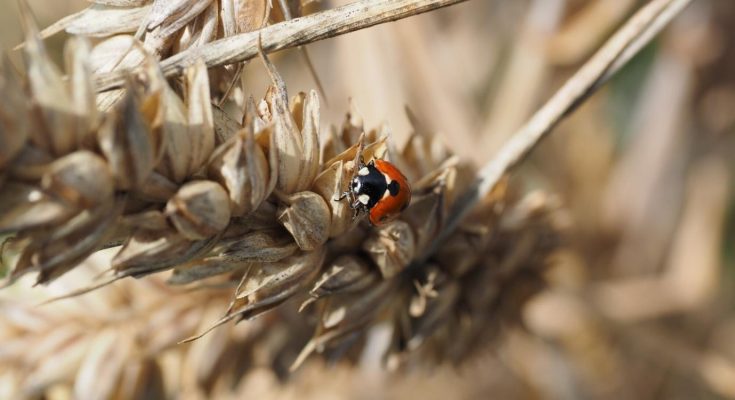Do you want to make sure that you learn how to farm grain so that you can ensure a successful end product?
If so, then you need to learn the best grain farming tips that you can.
This is why you must take the time to learn all you can about farming grains and how, by doing so, you can ensure success. We want to show you how by giving you a simple rundown of what you can do when it comes to farming grain so that you can understand how to do it better.
This is what can help you to are the mind of the subject, so keep on reading.
Planting Strategies for Maximum Yield
Some of the best grain farming tips include selecting the right seeds for your area and soil type. It is also factoring in the amount of rainfall or irrigation you will be providing.
Plant each seed at the proper depth and make sure there’s a consistent spacing between plants. Make sure that you are providing adequate nutrients with a balanced fertilization program.
In addition, identify and eliminate weeds, as they will compete with your grains for resources. There is a weed wiper for sale that you can avail of when weeds are difficult to eliminate. Monitor the health of your crops and if disease or pests threaten the growth, act fast to protect your yield.
Selecting Effective Seed Varieties
When selecting effective seed varieties for harvesting grain, it is important to consider what type of soil, location, and climate the crop will be grown in. Researching the seed varieties that have been successful in similar climates and soil types is a good place to start.
Be mindful of the harvest date you want to achieve and the crop’s expected yield. It is important to consider the cost of the seed and any other related costs associated with production.
Another important tip when choosing grain varieties is to choose disease-resistant varieties that have proven beneficial to farmers in your area.
You also want to make sure that the grain variety will be available at the right time for planting. Furthermore, you can use pests and disease maps to understand the risk of infestation.
It is also beneficial to consult with local seed dealers before finalizing your seed selection. They may have more insight into the effectiveness of certain varieties.
Optimizing Irrigation Practices
Ensure that the soil has enough moisture during critical growing periods, such as during seed germination and heading stages. Farmers should also use water-sensing technology to better measure the amount of water the soil has.
By basing the irrigation schedule on previous operations and the current needs of the crops, farmers are better able to ensure their fields receive the correct amount of water.
Furthermore, farmers can look into drip irrigation, which offers water when and where crops need it most. Using sprinklers and other equipment and maintaining them are important parts of proper irrigation and will help ensure crops receive the right amount of moisture.
Consider Grain Farming Today
Grain farming can be intimidating, but it doesn’t have to be. Try these tips to ensure success in your device: use the right seeds, practice proper irrigation, cultivate properly, and take soil tests regularly.
Your harvests will improve with knowledge and practice. Get started today!
Did you find this article helpful? Check out the rest of our blogs!



